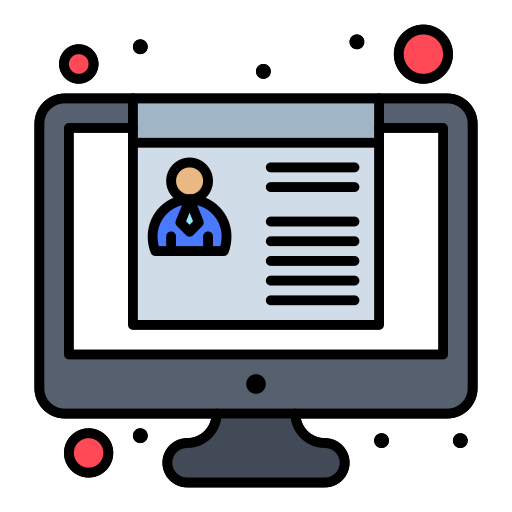The industry of aviation is changing rapidly. It was associated for years with airports, and on-site jobs. Remote airline jobs are an important shift in the business, thanks to advancements in technology and a growing importance on flexibility. These positions allow professionals to work in the aviation industry without ever leaving their homes.
Remote Airline Jobs are on the rise
The aviation industry has traditionally been dominated with roles which need physical presence. This includes pilots, attendants aboard ground staff, ground staff and customer service representatives. But the rapid development of digital technologies has redefined the way airlines operate. A lot of tasks that used to require in-person interactions are now seamlessly completed online. Remote work for airlines is now an effective and feasible alternative.

Image credit: flightschoolusa.com
The shift is not just about the convenience. Remote work is a cost-effective solution for airlines since it helps reduce overhead costs that are associated with office space. Employees are able to work remotely, which reduces the hassle of commuting and helps to improve work-life balance. It also provides new opportunities in the global market.
Role of Remote Airline Jobs
Remote airline jobs encompass a wide array of roles that require a distinct set of skills and knowledge. A few of the most popular roles are
Customer Service Representatives (CSR) Ability to manage reservations, answer queries from passengers and deal with complaints in an instant makes it one of the most popular assignments for airline employees that are remote.
Revenue Management Analysts (RMA) They are proficient in utilizing the latest analytical and data-driven tools, to optimize ticket pricing and revenue streams. They can work from a distance.
Airlines depend on marketing experts to create campaigns, manage their social media accounts and boost online engagement.
Travel Agents – Travel agents who are remote help customers plan and book flights using technology to streamline the whole process.
IT and Cybersecurity professionals Supporting airlines’ systems, ensuring data security, as well as maintaining IT infrastructure are crucial tasks that can be effectively executed remotely.
Benefits of Remote Airline Jobs and Flight Benefits
Remote airline jobs with flight perks are attractive because they combine professional flexibility with traditional benefits of aviation. Here’s why these roles are becoming more popular:
Work-Life Balance: Remote roles let employees create schedules that fit their own personal and professional schedules, resulting in higher satisfaction with work.
Cost savings Work from home can cut down on the expenses of your commute every day, which includes meals and transportation. This can lead to substantial savings.
Benefits of Travel: Many airlines provide remote employees with benefits like discounted or free travel. It’s not just an effective way to boost employee satisfaction, but it is also a chance to travel.
Remote Positions: Remote locations allow professionals from all over the world to join the aviation industry, which fosters a more inclusive and varied workforce.
Airlines Need Remote Workers to have the right skills
To excel in remote airlines jobs, certain skills are essential:
Technical proficiency: Experience with software tools and platforms used by the aviation industry is vital for smooth remote operations.
Communication Skills: Good oral and written communication skills enable effective collaboration between teams.
Time Management in a remote setting it is essential to be able to plan tasks and adhere to deadlines is crucial to achieving success.
Problem-Solving: Remote jobs typically require quick thinking, and the ability to adapt to resolve challenges without immediate in-person assistance.
How to Secure Remote Airline jobs
Landing a remote airline job requires strategic preparation. Here are some tips to get you started:
Search for job openings by going to airline career sites or remote job boards.
Polish Your Resume by highlighting remote work experience, technical abilities as well as relevant certifications.
Utilize networking opportunities Join networks such as LinkedIn to connect with professionals in aviation. You can also learn about opportunities.
Prepare for Virtual Interviews: Practice answering questions that show your ability to work on your own and take care of remote responsibilities.
Remote Airline Jobs The Future
Remote jobs for airlines are expected to continue to be extremely sought-after because airlines are constantly innovating. The aviation industry is benefiting from advancements in the field of data analytics, communication technology and automation.
Remote work is a new trend that reflects the changes in workplaces of today which are geared towards flexibility, efficiency and employee satisfaction. Remote airline jobs are the opportunity for a rewarding and satisfying career path for those wanting to enter the aviation field but without the restrictions of traditional job roles.
By taking advantage of these opportunities professionals can enjoy the advantages of both: making a difference in one of the most exciting industries, and reaping the benefits of working remotely. Remote airline jobs with flight benefits are the ideal option for anyone who wants to begin their career regardless of whether you’re an aviation pro or a novice.
